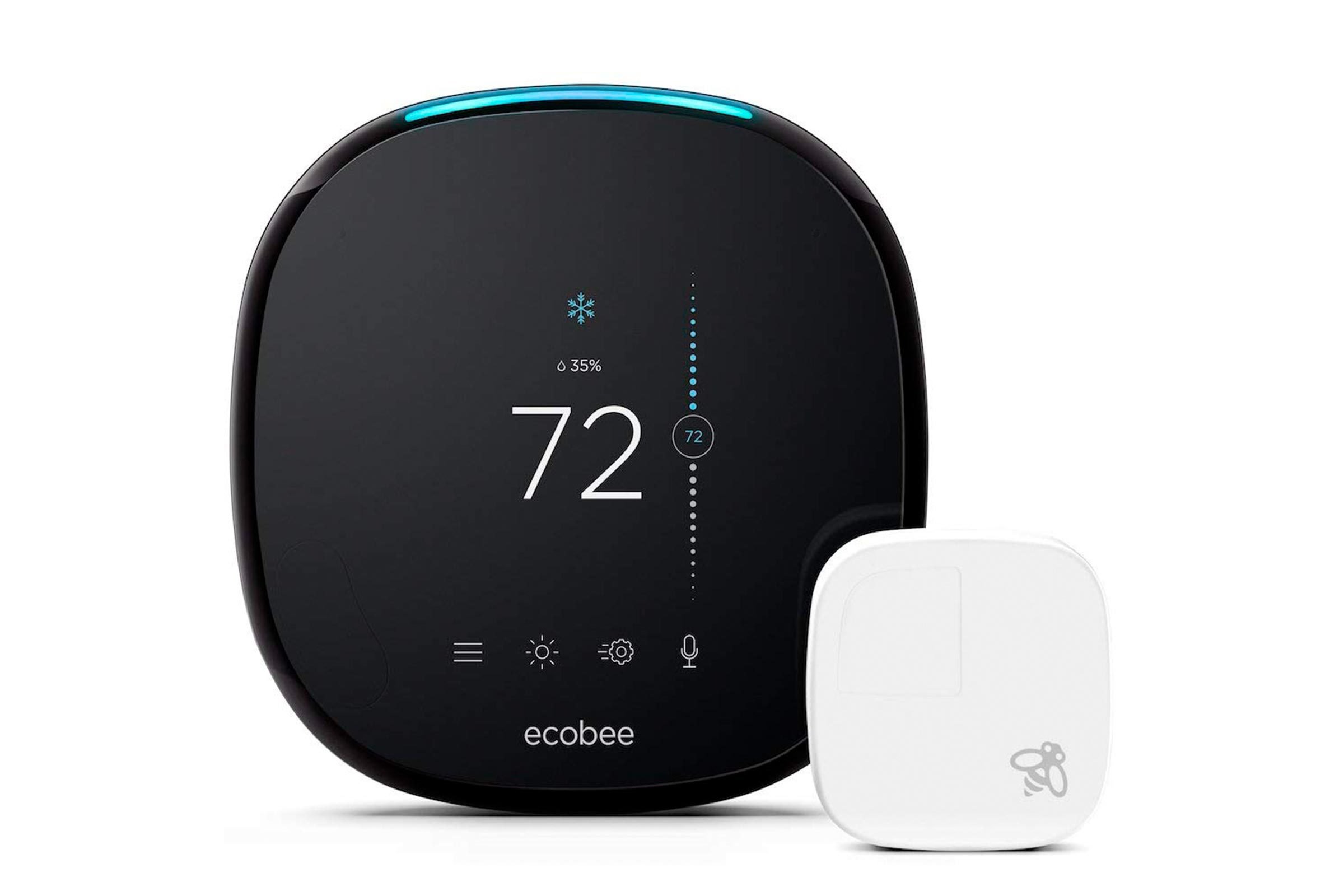
Smart Home Devices: Enhancing Modern Living
Introduction
The advent of technology has brought about transformative advancements in various aspects of life, including home automation. Smart home devices are revolutionizing the way we interact with our living spaces, offering convenience, efficiency, and heightened security.
Benefits of Smart Home Devices
- Convenience: Smart devices automate routine tasks, freeing up time for more meaningful activities. Lights can be turned on and off remotely, thermostats can be adjusted automatically, and security cameras can provide peace of mind.
- Energy Efficiency: Smart devices optimize energy consumption by monitoring patterns and adjusting settings accordingly. This can lead to significant cost savings and reduced carbon footprint.
- Security Enhancement: Security cameras, doorbells, and motion sensors provide real-time surveillance and can alert homeowners to potential threats. Smart locks also offer secure access to homes.
- Enhanced Entertainment: Smart TVs, sound systems, and streaming devices offer immersive entertainment experiences with voice-activated controls and personalized recommendations.
Types of Smart Home Devices
The range of smart home devices is vast, including:
- Lighting Systems: Smart bulbs and fixtures allow for remote control, color customization, and automatic scheduling.
- Thermostats: Smart thermostats monitor temperature and adjust settings based on preferences and schedules.
- Security Systems: Smart cameras, doorbells, and motion sensors provide surveillance and alert homeowners to potential threats.
- Entertainment Devices: Smart TVs, sound systems, and streaming devices offer immersive entertainment experiences with enhanced features and voice controls.
- Kitchen Appliances: Smart refrigerators monitor food, suggest recipes, and connect with meal planning apps. Smart ovens offer preprogrammed cooking modes and remote monitoring.
- Voice Assistants: Smart speakers and voice assistants, such as Alexa or Google Nest, act as central hubs for controlling smart devices and providing information or entertainment.
Choosing Smart Home Devices
When selecting smart home devices, consider factors such as:
- Compatibility: Ensure devices are compatible with your home network and existing smart home systems.
- Features: Identify the specific features and functionalities you need in a device.
- Security: Look for devices that prioritize data privacy and implement encryption measures.
- Price: Set a budget and compare prices from different vendors.
- Reviews: Read online reviews and ask for recommendations to gauge the reliability and performance of devices.
Future of Smart Home Devices
As technology continues to advance, smart home devices will become even more sophisticated and integrated. Future developments may include:
- Artificial Intelligence (AI): AI-powered devices will learn user preferences and automate tasks seamlessly.
- Interoperability: Devices will connect and communicate more efficiently, creating a truly interconnected smart home.
- Health and Wellness: Smart home devices will monitor health, provide personalized fitness recommendations, and assist with medication management.
- Sustainability: Smart devices will further contribute to energy efficiency, resource conservation, and waste reduction.
Conclusion
Smart home devices are transforming modern living, offering convenience, efficiency, security, and entertainment in unprecedented ways. By thoughtfully integrating these devices into their homes, homeowners can create personalized and comfortable living spaces that enhance their daily lives. As the future of smart home technology holds infinite possibilities, the evolution of these devices promises to continue revolutionizing the way we interact with our homes.


